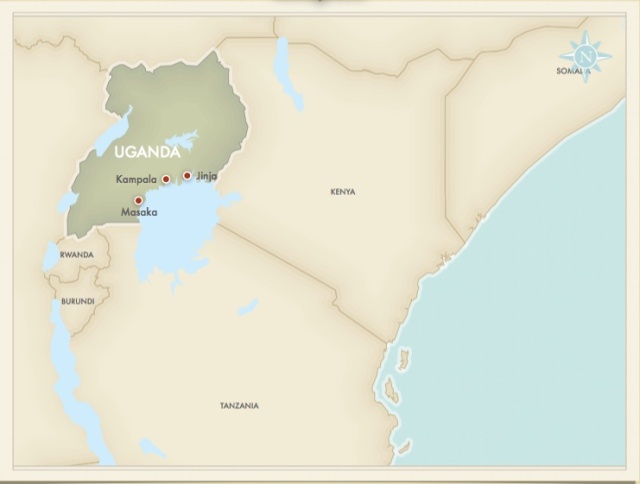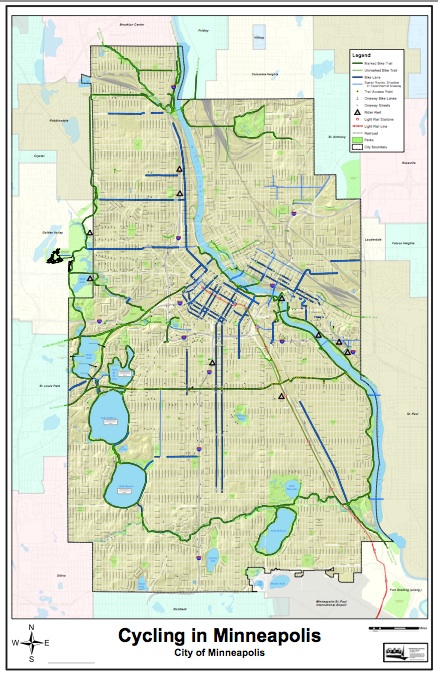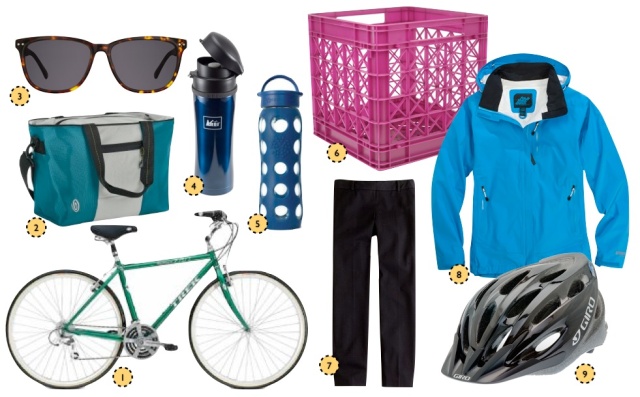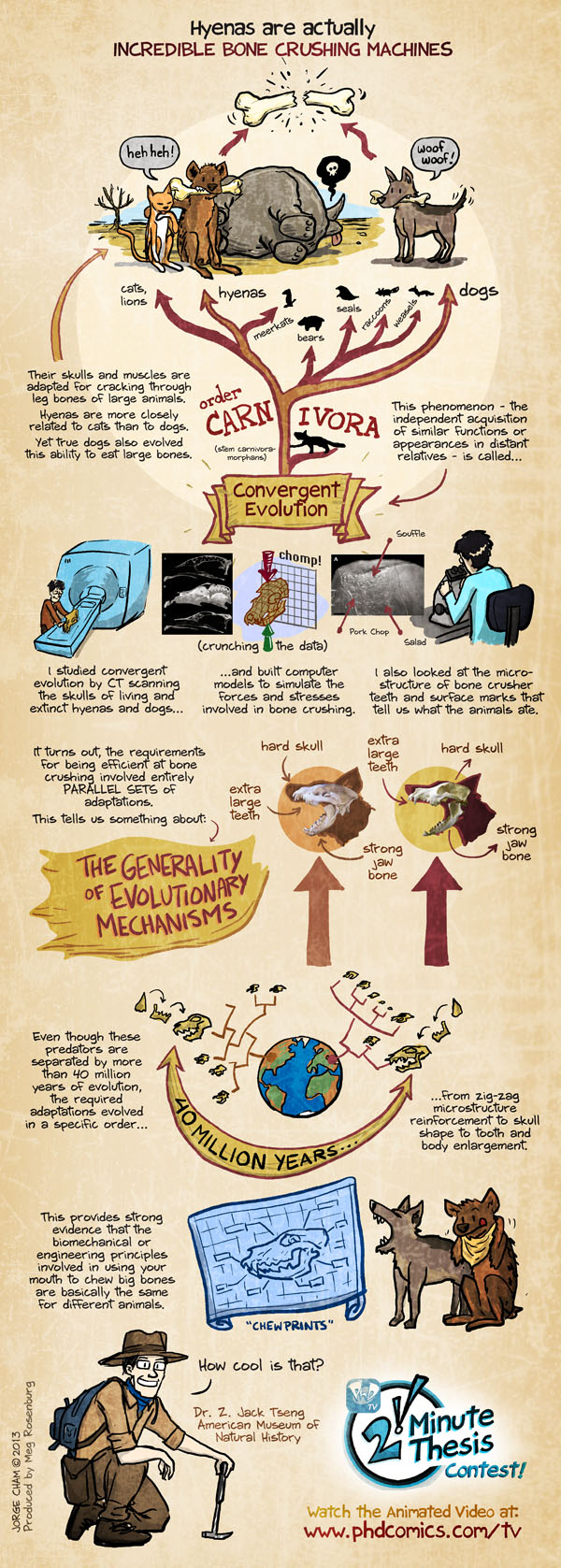Sorry for the long break! After attending the annual Comparative and International Education Society conference, I was on Spring Break, and then desperately trying to catch up. Ah, the ebb and flow of graduate school work. Anyway, I should be able to return to regular posts soon.
In the meantime, have you come across the work of Italian photographer Gabriele Galimberti? Galimberti explores childhood through photos of children with their more prized possessions: their favorite toys.
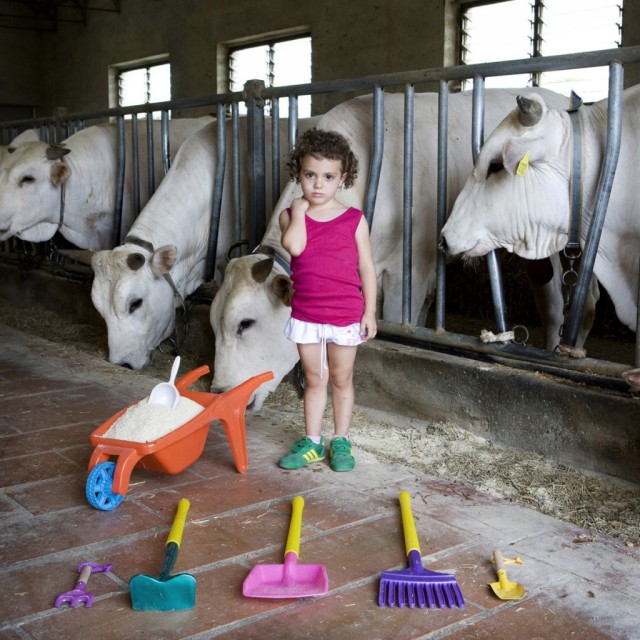
Alessia – Italy
Although Galimberti’s work speaks to experiences shared by children around the world, he also notes some differences in how children interacted with their toys:
The richest children were more possessive. At the beginning, they wouldn’t want me to touch their toys, and I would need more time before they would let me play with them. In poor countries, it was much easier. Even if they only had two or three toys, they didn’t really care. In Africa, the kids would mostly play with their friends outside.
Here are two other photographs from the series:
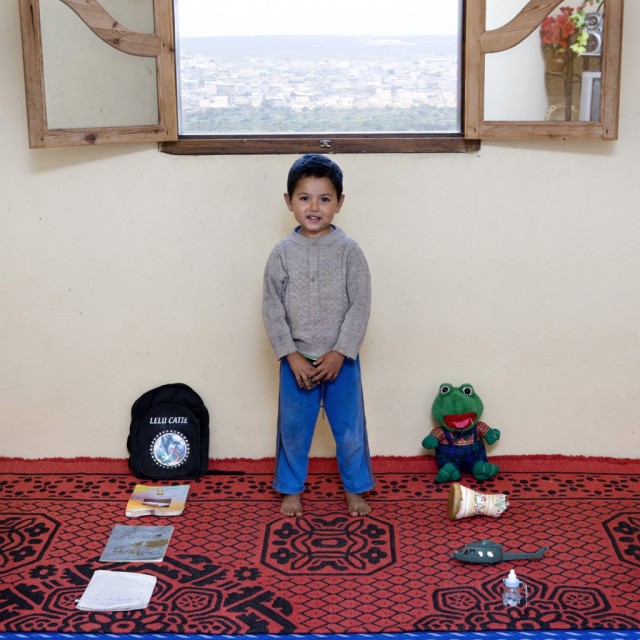
Norden – Morocco
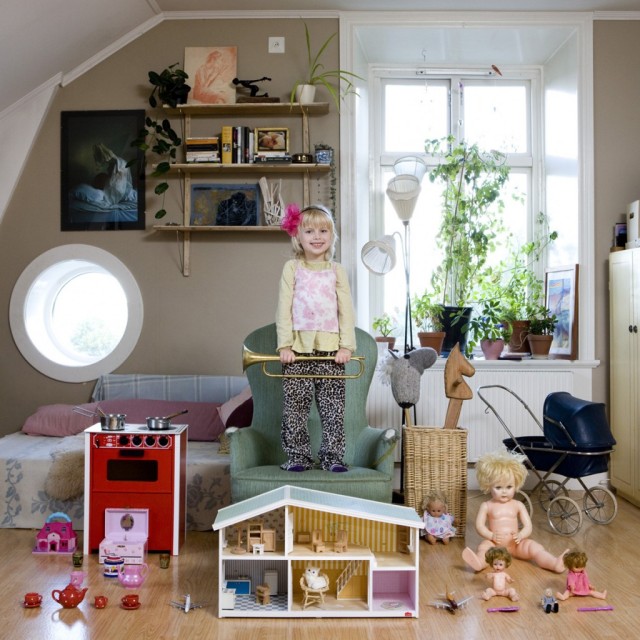
Tyra – Sweden
What were your favorite toys as a child? How many “prized possessions” did you have? Did you have to share your toys? Or were they wholly yours?
(Photos via)
